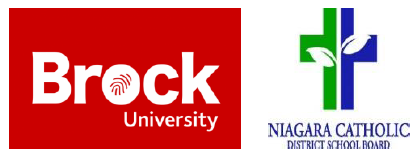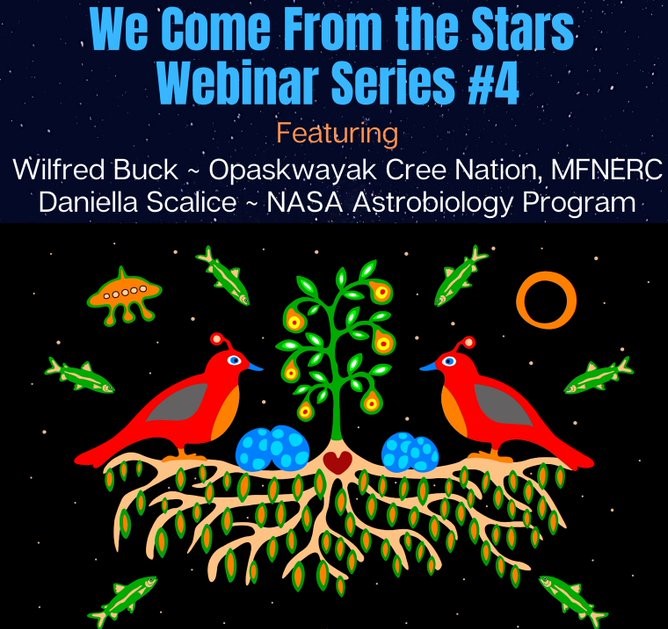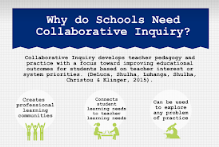
Mathematics Leadership CoP (MKN) and JUMP Math invite you to a Professional Learning Network Webinar on February 15, 2022, 3:30-5pm (organized through Zoom).
From research to practice: Supporting learners and teachers of mathematics.
Summary: Dr. Mighton will talk about evidence-based principles of instruction and share the results of research and implementation of JUMP Math. Topics suitable for all grades will include:
- How to teach Novice vs. Expert Learners? Using “structured inquiry” to engage all students.
- How to support teachers who experience anxiety and lack confidence for teaching mathematics?
John will walk us through some Grade 3-6 math problems and the digital supports and other resources for teachers, students, parents, and tutors (e.g., online Financial Literacy lessons; free essential lessons for K-8 to mitigate learning loss; core classroom program for K-8; Math Minds—free online course from the Werklund School of Education at the University of Calgary, and more).
Bio: Dr. Mighton is a playwright turned mathematician and author who founded JUMP Math as a charity in 2001. His work in fostering numeracy and in building children’s self-confidence through success in math has been widely recognized. He has been named a Schwab Foundation Social Entrepreneur of the Year, an Ernst & Young Social Entrepreneur of the Year for Canada, an Ashoka Fellow, an Officer of the Order of Canada, and has received five honorary doctorates. John is also the recipient of the 10th Annual Egerton Ryerson Award for Dedication to Public Education. He has delivered keynotes at many conferences on education and cognitive science (Including the Aspen Brain Forum) and published articles on JUMP Math in Scientific American Mind and The Notices of the American Mathematical Society.
John had to overcome his own “massive math anxiety” before making the decision to earn a Ph.D. in Mathematics at the University of Toronto. He was later awarded an NSERC Fellowship for postdoctoral research in knot and graph theory. He is a Fellow of the Fields Institute for Research in Mathematical Sciences and has taught mathematics and education courses at the University of Toronto. He has also lectured in philosophy at McMaster University, where he received a master’s degree in philosophy.
His plays have been performed around the world and he is the recipient of several national awards for theatre, including two Governor General’s Awards.








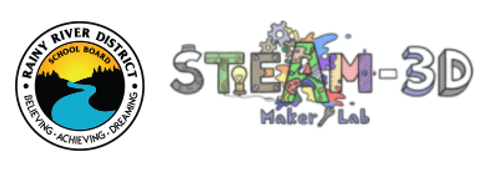

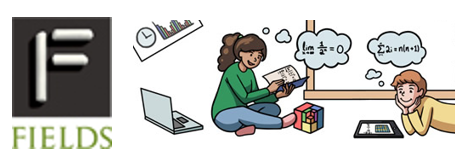
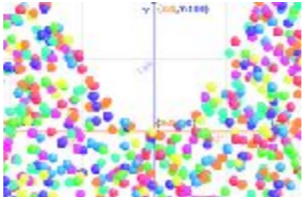

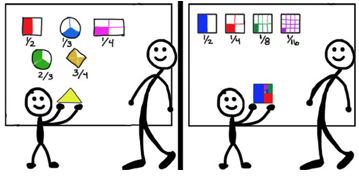 Continuing from our usual
Continuing from our usual 


